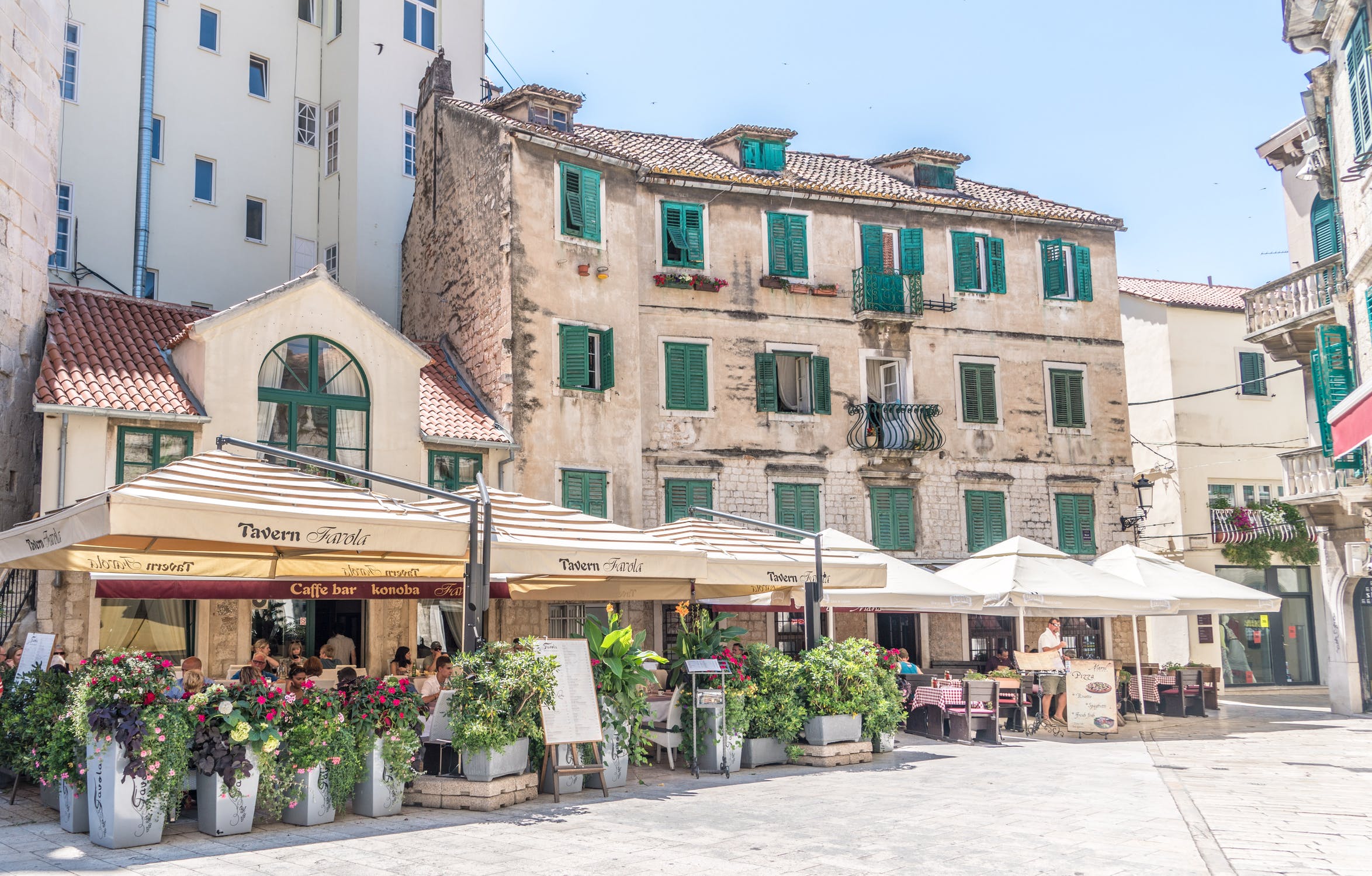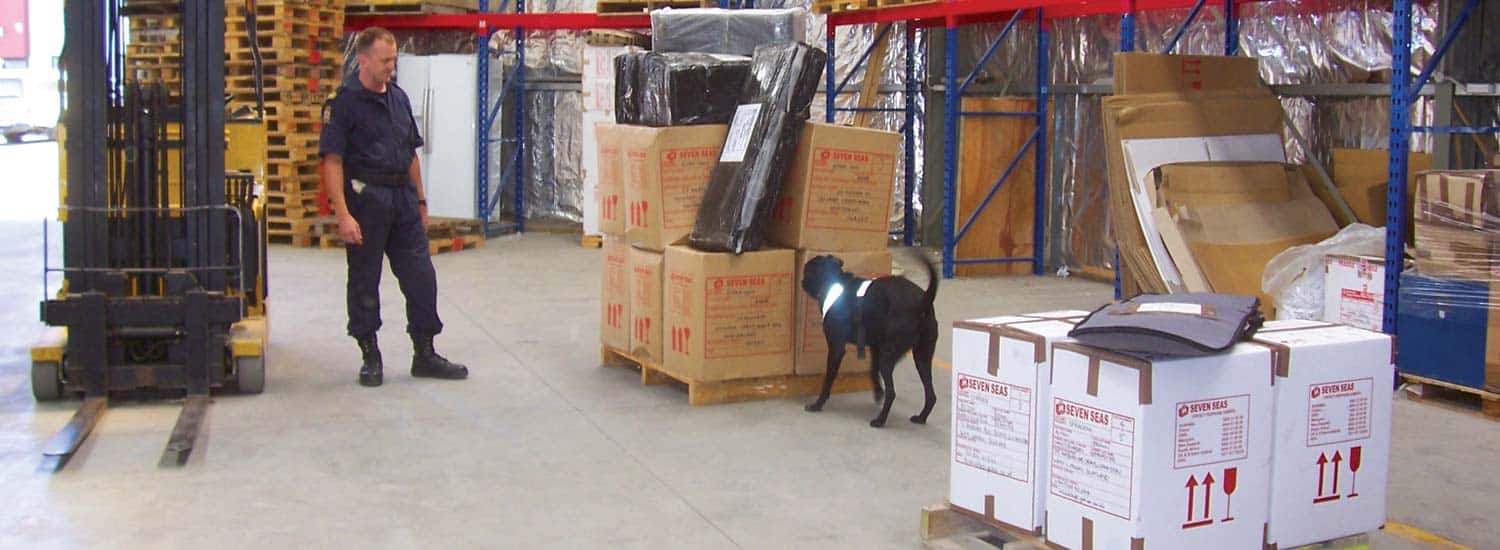Before packing, check this list of items prohibited from entering a particular country or region.
Where to Go (and Where Not to Go) in Croatia

Croatia has much to offer the ambitious holidaymaker whether they’re looking for a party island to throw some shapes or taking in its ubiquitous natural beauty. But where are the hotspots and the no-go zones? Luckily, Seven Seas Worldwide - the quite frankly top-notch international shipping service - has done a bit of research. Don't forget we can ship your excess baggage to Croatia - or anywhere really - to save you a bundle on airline luggage fees wherever you're headed.
There are a number of stunning national parks in Croatia including the Plitvice Lakes National Park and Krka National Park, both of which feature dozens of interconnecting lakes and magnificent waterfalls. These picturesque locations are close to towns and villages, making it the perfect place to spend the day hiking, exploring and taking arty photographs with various Instagram filters.
Croatia has its fair share of summer festivals for those of you looking for a more lively experience and Novalja on the island of Pag, is fast becoming a hot party destination during the summer season amongst young people who enjoy drinking alcohol and embarrassing themselves.
Croatia's capital city, Zagreb, is also a good bet; a pulsing, metropolitan hub with a vibrant nightlife, countless restaurants and bars, and – as with many European cities – a captivating fusion of history and art with an abundance of museums and galleries such as the Archaeology Museum and the Museum of Contemporary Art which, from the outside, looks like a giant Tetris piece.
Now for the negative stuff. It is predicted that Croatia will not be free of mines until at least 2019, as a result of Croatia’s War of Independence in the early 1990s. The Croatian government has spent millions of dollars in recent years on demining unstable areas including Eastern Slavonia, Karlovac County, Brodsko-Posavska County, and more remote areas of the Plitvice Lakes National Park. A significant impact has been made as a result of this investment but declaring the country ‘mine-safe’ is a long way off and the island of Vis is still considered an unstable area. However, it is worth remembering that not a single tourist has been killed by a mine and UNESCO has removed the Plitvice Lakes National Park from its endangered list and declared it mine-free.
Other slightly more trivial things worth noting are the taxis. Taxis are expensive virtually everywhere in Croatia and unless you enjoy splashing the cash unnecessarily, I’d recommend other forms of transport.
Oh and be careful of the sea urchins in Razanj.
No articles were found.





